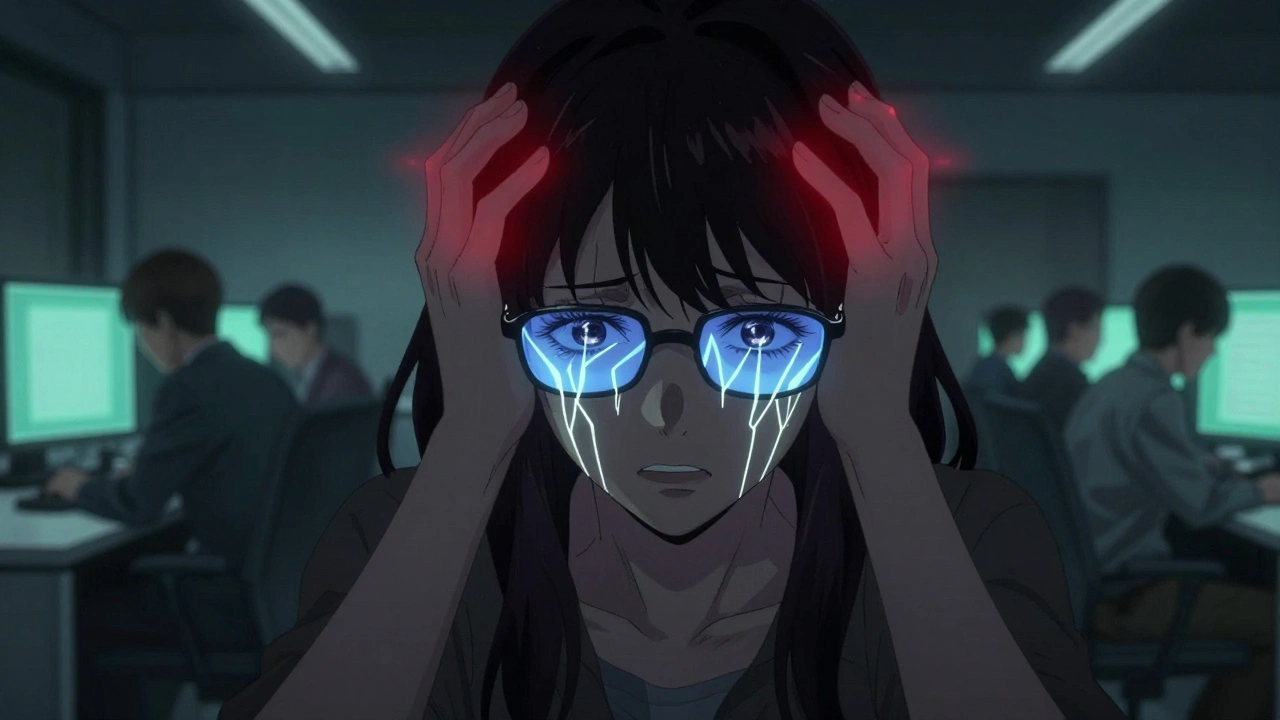Eye Health: Simple Ways to Protect Your Vision
Eye health matters every day. Small habits add up. Below are practical tips you can use right now to keep your eyes working longer and feel better.
Daily Habits that Protect Your Eyes
Take screen breaks regularly. Follow the 20-20-20 rule: every 20 minutes look at something 20 feet away for 20 seconds. Adjust screen brightness and increase text size to reduce strain. Use proper lighting to avoid glare and harsh shadows. Wear sunglasses with UV protection when you go outside. A broad-brimmed hat helps on sunny days.
Eat for your eyes. Foods rich in lutein, zeaxanthin, vitamins C and E, zinc, and omega-3s support retinal health. Add leafy greens, eggs, orange peppers, citrus fruits, nuts, and oily fish like salmon to your meals. Staying hydrated also helps prevent dry eyes.
Keep contact lenses clean and follow replacement schedules. Never sleep in lenses unless prescribed. Use fresh solution, wash hands before handling lenses, and store them in a clean case to lower infection risk.
Manage allergies and dry eye. Over-the-counter artificial tears can relieve mild dryness. For allergic eyes, cold compresses and antihistamine drops work for short periods, but check with a pharmacist or doctor first. Chronic dryness may need prescription treatments.
Protect your eyes at work and home. Wear safety goggles when doing projects with tools, chemicals, or dust. Use protective eyewear for sports where impact is possible. Children should wear approved eye protection for relevant activities.
When to See an Eye Doctor
Schedule a comprehensive eye exam at least every two years if you are healthy and younger than 60. Have annual exams if you wear glasses, have diabetes, high blood pressure, a family history of eye disease, or are over 60. Don’t wait for symptoms; many eye conditions develop without pain.
Seek urgent care for sudden vision loss, flashes of light, a curtain over vision, severe eye pain, or new double vision. These signs can indicate retinal detachment, stroke, or severe infection and need prompt attention.
Some medications affect vision. Antihistamines, certain antidepressants, steroids, and blood pressure drugs can cause dryness, blurred vision, or other effects. Ask your prescriber about eye-related side effects. Supplements like lutein and omega-3s can help, but discuss doses with a clinician.
Try short eye exercises and blink more during work to refresh tear film. Consider a matte screen filter or anti-glare coating if glare bothers you. Blue light glasses can reduce sleep disruption for some people, but their effect on eye strain is mixed. Quit smoking — it raises the risk of macular degeneration and cataracts. Controlling blood sugar and blood pressure protects your eyes long term. Ask questions and bring your family history too.
Keep a record of your eye history and any changes. Teach kids eye safety early and model good habits. Use trusted resources like MedixRX Pharmaceutical Guide to learn about eye medications and treatments, but always check with your healthcare provider before changing medications or starting supplements.
Photophobia: Understanding Light Sensitivity Causes and Effective Solutions
Photophobia is not just being bothered by bright light - it's a symptom of underlying eye or neurological conditions. Learn the real causes, proven solutions like FL-41 lenses, and when to seek medical help.
How Smoking Harms Your Eyes: The Real Dangers of Tobacco to Your Vision
Think cigarettes just hurt your lungs? Smoking is brutal on your eyes, leading to sight-stealing problems like cataracts and macular degeneration. It's one of the biggest preventable causes of adult blindness worldwide. Learn how tobacco attacks every part of your vision, what the science says, and the most effective tips to safeguard your eyes from the effects of smoking.


